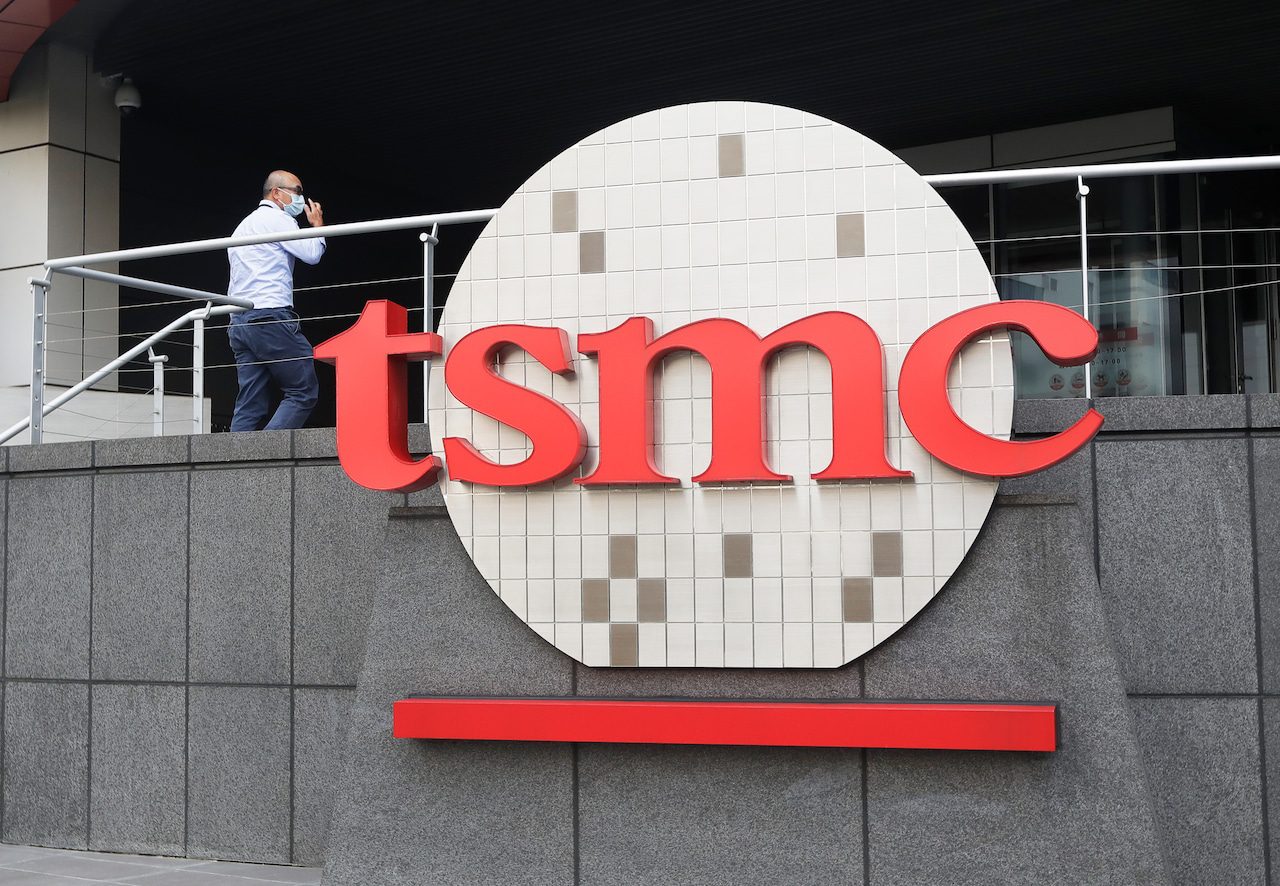
The Trump administration is working to safeguard Intel’s domestic semiconductor production by negotiating a potential arrangement for the chip giant to transfer a majority interest in its manufacturing facilities to its key competitor, Bloomberg reported on Friday.
Throughout the week, various reports indicated that the Trump administration has proposed several options for Taiwan Semiconductor Manufacturing Co. (TSMC) to form a partnership with Intel.
According to Bloomberg, the suggested transaction involves TSMC acquiring a majority stake in Intel’s manufacturing operations, with some American chip designers also looking to acquire smaller shares. Citing an anonymous source, Bloomberg mentioned that TSMC is at least considering this proposition.
In contrast, a Reuters report quoted an unnamed official from the Trump administration stating that it is “unlikely” that President Trump would approve a foreign entity managing Intel’s manufacturing facilities.
These contrasting reports could both hold some validity, as the Trump administration has previously explored seemingly contradictory options since President Donald Trump resumed office.
Intel’s stock surged nearly 20% after the discussions involving Intel and TSMC emerged earlier in the week, following remarks from Vice President JD Vance asserting the administration’s commitment to maintaining advanced chip production in the United States.
Despite the speculative reports, neither Intel nor TSMC have provided any official commentary, and Intel’s stock dipped about 3% on Friday, suggesting market skepticism regarding the potential deal.
Industry analysts pointed out this week that any agreement granting TSMC significant ownership in Intel would be quite intricate and potentially disadvantageous for both companies.
“It’s unclear why TSMC would be inclined to share their processing technology and intellectual property with a primary competitor, unless the deal terms are exceedingly beneficial,” Bernstein analyst Stacy Rasgon noted in a memorandum to clients prior to the Bloomberg announcement.
The U.S. government holds economic and political influence that might effectively encourage a deal.
In November, Intel secured a $7.9 billion agreement for federal subsidies after extensive discussions with the Biden administration. However, the company has yet to receive a significant portion of that funding, and the Trump administration might threaten to delay or halt further payments if Intel resists its proposal.
Alternatively, the administration might offer additional financial incentives to facilitate a deal and could leverage the prospect of tariffs on chips manufactured in Taiwan to persuade TSMC to cooperate.
Intel is already in the process of spinning off its manufacturing segment from its chip design division, potentially restructuring into two independent entities. The company is striving to recover from a notable technology gap that has allowed TSMC and other rivals to outpace it.
If TSMC were to assume control of Intel’s manufacturing business, it could significantly impact Oregon, where Intel serves as the largest corporate employer and is responsible for the development of new manufacturing process technologies at its research facility in Hillsboro.
Should TSMC take the helm of Intel’s factories, it may choose to focus its cutting-edge work in Taiwan rather than duplicating efforts in Oregon.
This move could undermine the Trump administration’s objective of strengthening the domestic semiconductor industry, potentially leaving the U.S. without advanced process development capabilities.
— Mike Rogoway covers technology and economic issues in Oregon. Reach him at mrogoway@oregonian.com or 503-294-7699.
Your support is vital for our journalism. Become a subscriber today at OregonLive.com/subscribe









